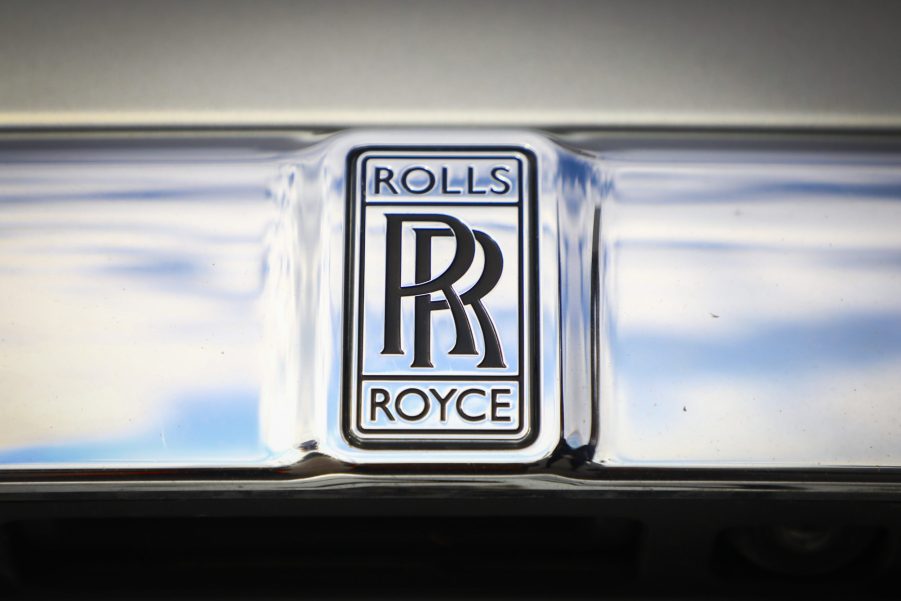
Does BMW Own Rolls-Royce?
Many car enthusiasts stay fiercely loyal to their favorite brands, but this doesn’t always mean supporting the same corporation for life. When faced with budget cuts, production restrictions, or licensing deals offering hundreds of millions of dollars, many groups choose to sell lines of iconic cars to another company. These sales can bring innovation and revitalization to a classic model when done correctly. It could also introduce new operating problems for the vehicle, as famously seen in BMW’s version of the Mini Cooper. And while Rolls-Royce is an iconic staple of the automotive industry, it has also seen its fair share of ownership changes.
BMW acquired Rolls-Royce in 1998
According to the official Rolls-Royce website, the technology behind one of the most iconic luxury vehicles in the world was also useful in warfare. The powerful engines and manufacturing know-how of the company was utilized in both World War I and World War II. The innovations made during these times of turmoil propelled the company toward aviation manufacturing alongside their vehicles. Little did they know, the late ’90s would see them flying into another serious conflict.
When Vicker PLC put the Rolls-Royce automaker up for sale, every manufacturer dreamed of acquiring it. With the bidding war reaching hundreds of millions of dollars, however, German brands BMW and VW were soon the only companies in the running. As CNN reports, VW appeared to win the battle on May 7, 1998, topping BMW’s final bid with an offer of $705 million. But BMW would get the last laugh.
As CBS News noted, VW’s $705 million payout only bought them the Rolls-Royce company, not the branding rights. When the auction had ended, Vicker PLC — who had allegedly hoped BMW would win — quickly turned around and sold the Rolls-Royce brand and name to VW’s ultimate rival. The original purchaser was left with a Rolls-Royce company only authorized to produce Bentleys, while BMW took home the grand prize for a mere $66 million.
The luxury vehicle is far from BMW’s only offering
At the time of the deal, the VW chairman faced a lot of backlash. The loss of the branding seemed like a massive oversight and many felt as though the victory had been stolen out from underneath them. Still, the leader insisted that he was happy with the outcome. In the end, both companies continue to see lots of success, so we’ll cut Ferdinand Piech some slack.
Consumer Reports lists the Volkswagen Group as owning Audi, Bentley, Bugatti, Lamborghini, Porsche, and Volkswagen. It’s an impressive collection of luxury… with one key component missing. The BMW Group now owns Rolls-Royce and the Mini brand alongside their own BMW lines. Although the Mini Coopers have seen “mini” success over the past few years, all-electric models shook things up for the brand. Of course, they may also be responsible for the departure of BMW’s head.
2019 saw a significant leadership change for the corporation
The great battle for Rolls-Royce may be long in the past, but BMW is still far from drama-free. In 2019, CEO Harald Krueger abruptly left the company before his contract could be renewed. It was thought that he may have been driven out by the disappointing loss of market share BMW has faced in recent years. Between Rolls-Royce and the electric Minis, the brand was making a play to be top in luxury and environmental efficiency. Unfortunately, their high prices and subpar features saw them fall to the Tesla.
According to Automotive News, production manager Oliver Zipse was promoted in wake of the departure. He faces an uphill battle . . . but it wouldn’t be the first time BMW won as an underdog.


